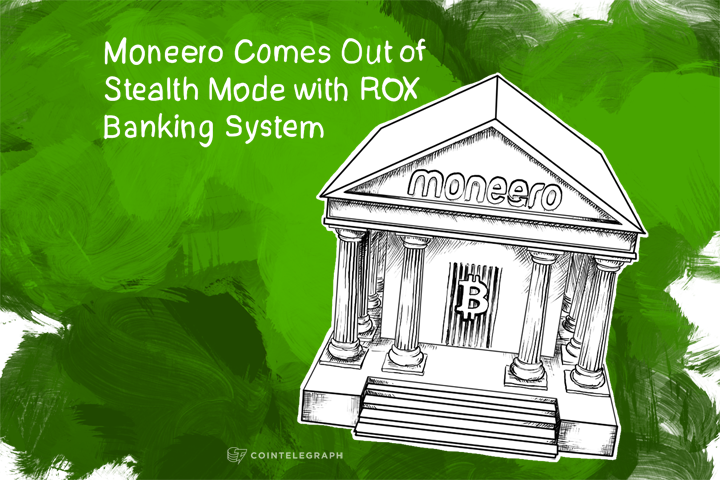Moneero is a startup that was founded back in early 2013 in Uruguay but has been stealth since then. Now, the company is introducing what it calls a currency-agnostic banking system called ROX.
Moneero ROX starts from the premise that by 2020, a new 3 billion people will be online, 80% of whom will be unbanked, at least within the paradigm of traditional banks.
What’s more, these new users will be native to social media, mobile, and whatever other seismic changes to the internet come along these next few years.
To bring these users into the global online economy, Moneero’s founders believe cryptocurrencies such as Bitcoin will be necessary, but certain hurdles regarding security, legality and usability remain. That’s why they decided to build a new banking system.
“On one hand, ROX can manage accounts and subaccounts in any currency (bitcoin, litecoin, ripple, fiat, smart property, etc.), and on the other hand it takes care of user and account management, audits, and KYC/AML compliance for any number of jurisdictions,” Moneero co-founder and CPO Steven Morell told Cointelegraph.
Morell described ROX as “a toolbox full of Lego bricks”:
“It allows us to build any type of business logic into the accounts,” he said.

Moneero’s team is currently rolling out a handful of ways to access money and accounts through its multiples APIs, which allow development partners to create what the company calls “thin apps” to access things such as Chinese social commerce sites.
Some of these applications in the pipeline include
- A social platform/web account through which social media accounts can become Bitcoin wallets,
- An SMS service that will allow for the quick exchange of cryptocurrencies on basic cell phones,
- An ATM (the company calls theirs a “BTM”), and
- An FX platform that can accommodate multiple cryptocoins.
The fact that Moneero’s headquarters are in South America are relevant, too. As co-founder Mauro Betschart told PanAm Post in mid-June:
People living in Latin America, especially those living in Argentina, do not trust the government on monetary policy. They have suffered first-hand the effects of chronic hyperinflation, banking crises, and currency restrictions.
Many have lost their life-long savings due to central bank policies.
Bitcoin can empower Latin American citizens. The bitcoin network will be able to provide banking services to most of the unbanked population, which in the region amounts to about 60 percent. Using existing cell phone infrastructure, we are able to reach 6.8 billion active mobile phones. Most of the planet’s 7 billion people will be able to access financial services that are simply out of their reach at the moment.
You don’t need minimum income, paperwork, or other forms of subtle discrimination to use bitcoins, as in the current banking system.


